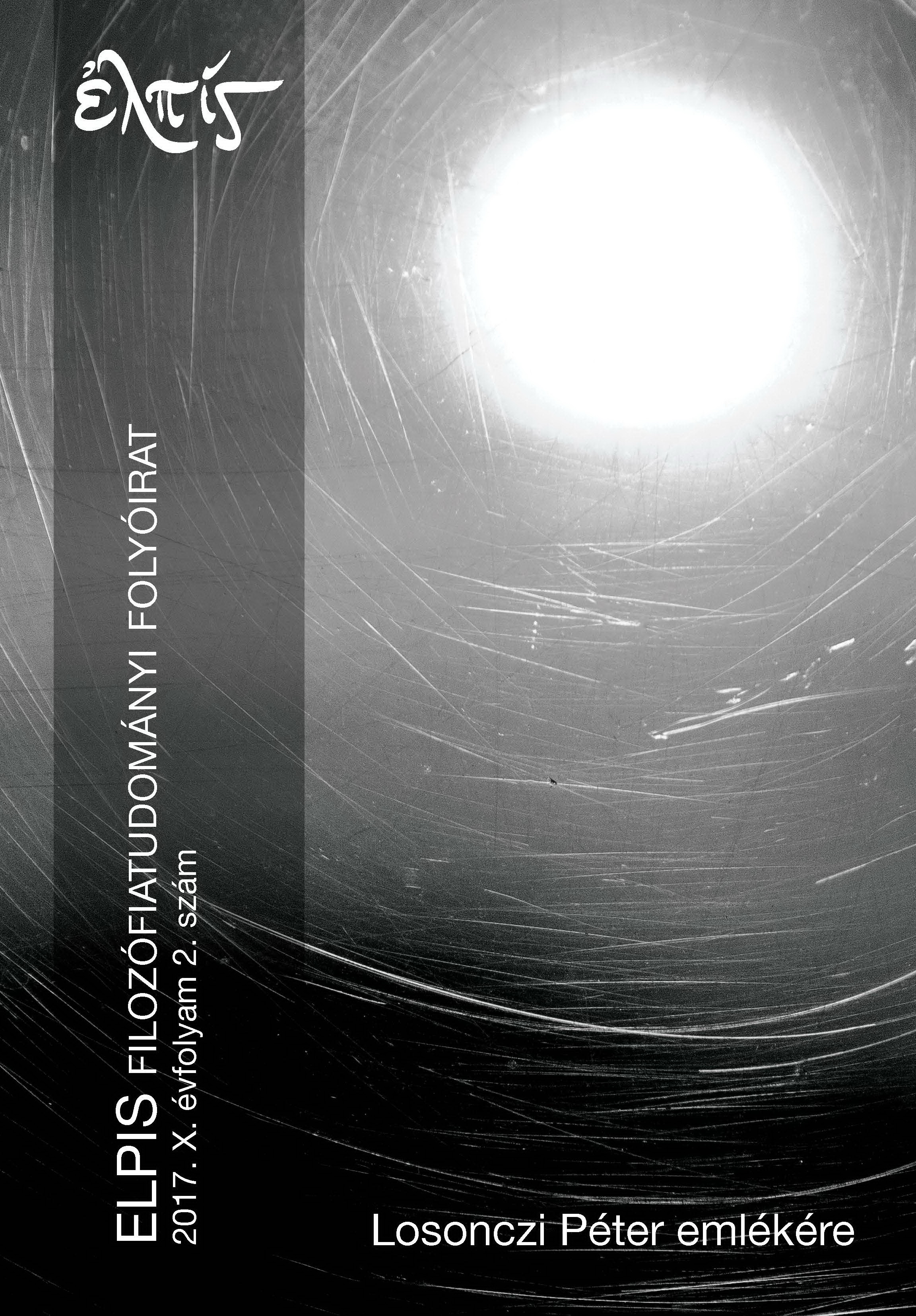Leibniz and Locke on Personal Identity
DOI:
https://doi.org/10.54310/Elpis.2017.2.4Keywords:
Locke, Leibniz, Philosophy of Mind, Naturalism, Personal IdentityAbstract
According to Martin and Barresi (2000), Locke’s account of personal identity had a pivotal role in the history of psychological Naturalism, as it was the first theory to identify the determinants of one’s personal identity with empirically accessible data of consciousness instead of appealing to the sameness of metaphysical substrate. Thus, by assuming that a system of conscious mental states can be described as a vehicle-free cognitive system, Locke launched what was to become one of the leading projects of the naturalization of the mind. Accordingly, Leibniz’s critical remarks, levelled against it in his New Essays, have often been characterized as a conservative opposition. In this paper, I argue that this is not the case. Leibniz’s alternative theory focuses on the fact that conscious mental states depend on their external context, namely on those unconscious perceptions, from which consciousness can emerge and without which it could not be what it is. This being so, in Leibniz, the identity of the conscious mind is embedded in the context of the so-called petites perceptions which represent the body and the physical environment around the monad. The conclusion is that if Locke has been rightfully credited with initiating one of the central traditions of psychological modernity, Leibniz is also to be regarded as heralding another insightful approach which has some kinship with the problems of embodied, embedded and situated cognition.




